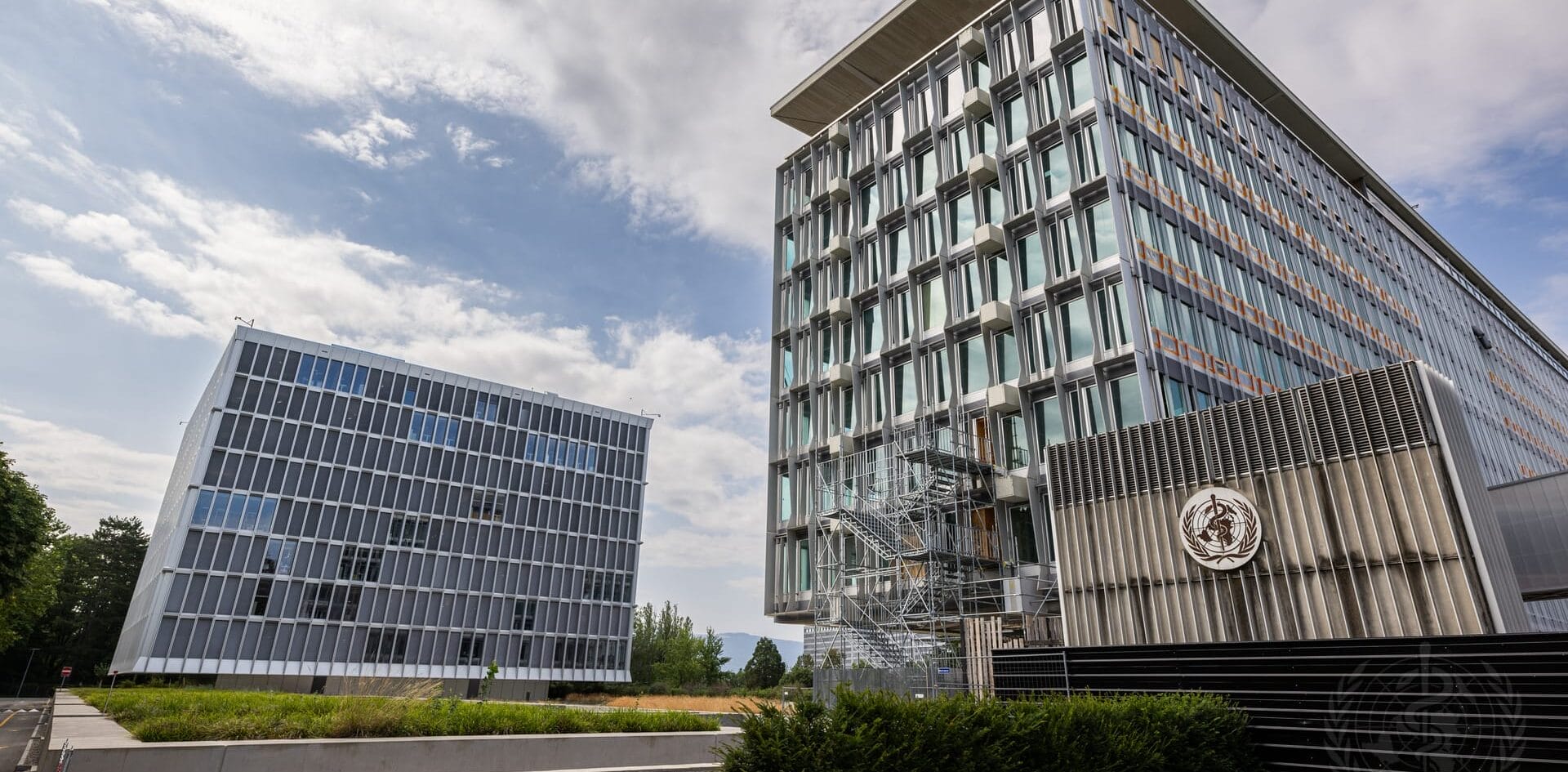
Topic Description
Today, more people are on the move than at any other time in history. An estimated 281 million people living outside their country of birth in 2020. Families and individuals migrate for many reasons—searching for jobs, education, or safety. Others are forced to flee conflict, poverty, or natural disasters made worse by climate change. While migration can open new opportunities, it also creates serious health challenges. Gaps in migrant health access can exacerbate vulnerabilities during crises, as seen in COVID-19, when many migrants were excluded from testing and vaccination programs. Furthermore, when people cannot access safe healthcare, diseases can spread more easily, recovery from crises slows down, and inequality grows.
Migrants and refugees often struggle to get proper medical care. They may face language barriers, discrimination, or high costs that keep them away from doctors and hospitals. Sometimes, their legal status limits their access to public health services. On the other side, host countries can feel pressure when large numbers of newcomers arrive suddenly, especially if their health systems are already stretched thin.
Addressing migration and health thus requires cooperation between ministries of health, interior, and labor, as well as partnerships with UN agencies (WHO, IOM, UNHCR) and civil society organizations.
This discussion of this topic will focus on how countries and organizations can respond to these challenges. Central to the discussion is equity in health services: should health coverage be universal, regardless of citizenship or legal status or should they focus on strengthening existing systems so that everyone—locals and migrants alike—get fair treatment?
Another focus is international burden-sharing. Should high-income states contribute more financial and technical assistance to countries that host large migrant populations? Or should responsibility remain primarily regional?
A comprehensive solution will need to take into consideration both short-term and long-term solutions. Short-term solutions could include mobile health clinics, translation services, and partnerships with humanitarian organizations. Long-term solutions involve making sure migrants are included in national health strategies, protected by international agreements, and supported through cross-border cooperation.
This topic highlights ways in which health is connected to peace, development, and justice—and why the WHA is such an important place for these conversations. This issue is not only about medicine. It also touches on human rights.
Materials
WHA Simulation Handbook Annotated Bibliography (A3) Terms Used in WHA Resolutions Guidance for Diplomatic Discourse Progress Report on Health and Migration Annotations on Progress Report on Health and Migration 7 Ways to Amend WHA Draft Resolutions Understanding Consensus Zero Draft Resolution A3 Zero Draft Resolution Notes Worksheet Compilation Text Countries/Areas by WHO Region Organization and Programme of Work (A3) Final Reoslution (A3)
Join our mailing list!
Sign up form
Or stay up to date with the latest WIMUN news by following us on social media!



